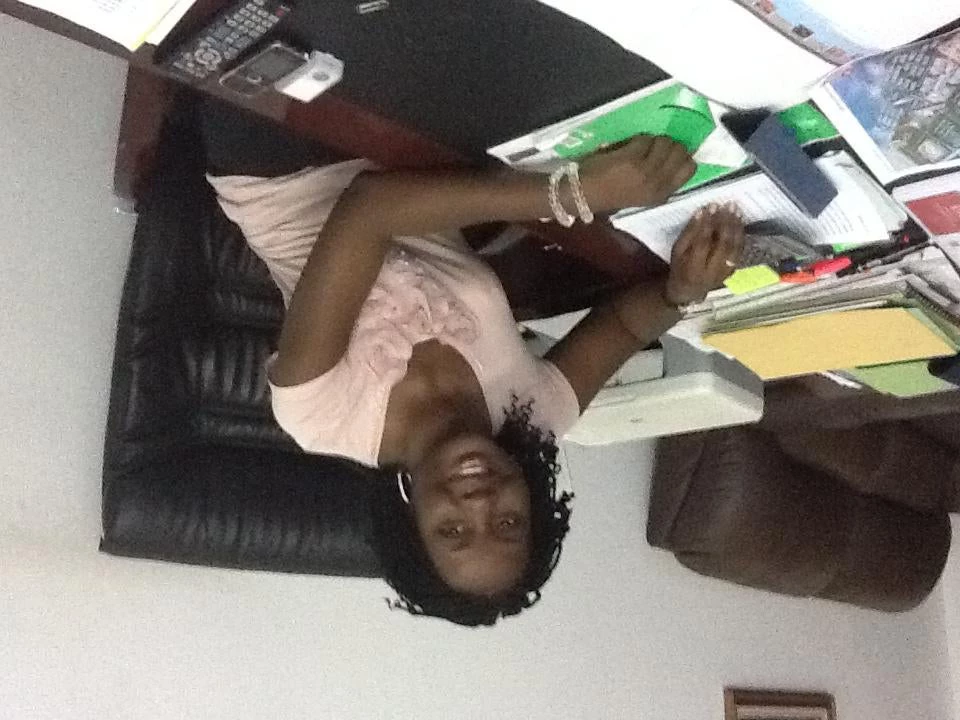I met Roselynd Laubhouet in 2004 when, as a recent graduate, she accepted an assignment as a Junior Professional Associate with the World Bank's Africa Region in Washington, D.C. From day one, it was evident that Roselynd was special. Being an entrepreneur at heart, she was filled with dreams, aspirations, and a passion for her home country of Senegal (and her continent) that set her apart.
When Roselynd and I reconnected in Abidjan last December, eight years after our first meeting, I was pleasantly surprised to learn that not only had she moved home to 
I was curious to learn the secrets of her success, to understand the challenges facing returnees, and gather any advice for other Africans in the Diaspora considering a return. Roselynd was kind enough to share her experiences with me in the hopes that other young women in the Diaspora might be inspired to follow in her footsteps.
When Roselynd first returned to Senegal in 2008, she was fortunate to have a consulting assignment with the Development Gateway Foundation. This assignment eased the transition and afforded her the opportunity to work with her nation's leaders. Despite this experience, Roselynd never lost sight of her entrepreneurial ambitions.
Initially, she began working with her father's company, but she never stopped searching for the right opportunity to strike out on her own. Ultimately, she settled on green energy, a sector that has huge potential in Africa, but remains seriously under-invested. In 2009, she founded Solar City with the goal of realizing her father’s dream of building a green city somewhere in Africa.
While Roselynd hasn't yet developed a green city, she has created a respected firm with enormous potential. Success has not come without effort. She emphasizes the importance of hard work, particularly for women seeking to enter traditionally male-dominated businesses in Africa.
However, she also believes overseas experience can enhance a firm's competitiveness and profitability. For example, Roselynd believes her American sojourn has particularly influenced the way she has structured her company. The international network of business associates and the organization and planning skills Roselynd acquired during her time overseas have also set her firm apart and have been critical to its success.
Despite the value of her American experience, Roselynd says, "I'm glad to be home now. Having my own business is not easy. I have had difficult times, but I've never regretted the decision to move back to Senegal. I can make a real difference here.”
Roselynd notes that barriers to entry for firms like hers are lower in Africa, where many sectors remain less developed. Despite the challenges posed by limited access to credit and a less skilled labor force, she is convinced that it is easier to make a meaningful contribution and develop a successful business in Africa than overseas.
What advice would she give to other women in the Diaspora who are thinking of heading home? Roselynd says they should not be afraid of returning to Africa, although she does recommend caution, careful planning, and lots of hard work. She emphasizes that the cost of living in many African countries can be inconsistent with salaries. Therefore, it is important to return home with a firm job offer or a clear business and financing plan. That being said, she believes that going home is a "win-win" scenario. “Returning Diaspora benefit from proximity to family and cultural ties,” she says. “While African nations benefit from their skills, experience, and investment capacity.”


Join the Conversation